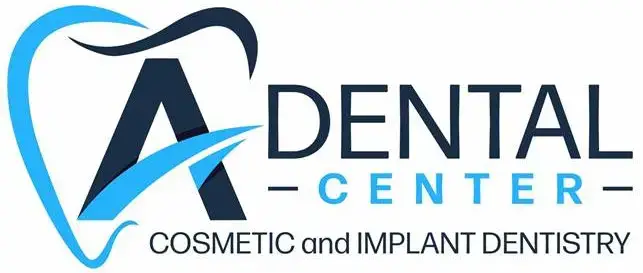
If you wake up with severe pain or other dental issues, contact a dentist for immediate care.
Dentists can offer various forms of sedation or pain management options based on the procedure and patient preference.
Sinus infections can sometimes cause tooth pain, but they are typically associated with other symptoms like congestion and facial pressure.
Bleeding gums can be a sign of gum disease, gingivitis, or improper brushing and flossing techniques.
If youre unable to reach your dentist, check the local internet or yellow pages listings for a dentist or urgent care nearby. If you cant reach any dentist, here are some helpful tips:
Toothache:
Rinse your mouth with warm salt water. Gently brush and floss the area to remove any trapped food or debris. If you can take over the counter pain medications (such as Ibuprofen) they may help in soothing the pain. Topical gels (such as Orajel) can sometimes help, but usually only a little bit and for a minimal amount of time. Make arrangements to see your dentist even if the pain goes. Without proper care, your condition could return or even worsen. *to make a salt water rinse: mix 1 teaspoon table salt with 1 cup warm water*
When a permanent (or temporary) crown comes off:
Keep the area clean by rinsing with warm salt water rinses and by gently brushing the area if it is not too sensitive. Avoid leaving the crown out for more than a few days as teeth can shift, making it difficult or impossible to re-cement it at a later date. If the tooth is painful, denture cream or toothpaste can be placed inside the crown and it can be gently fit back into place.


